6 Signs of Complex PTSD\Complex Trauma
It’s sometimes difficult for people suffering from complex PTSD or complex trauma to recognize what’s happening. Often pop culture depicts the source of PTSD or trauma from dramatic events—something only experienced by combat veterans, survivors of sexual assault or violent crime.
The reality is that trauma can be rooted in highly stressful, jarring experiences. It doesn’t have to be widely dramatic to be traumatic. A loved one succumbing to cancer, childhood neglect or abuse, or losing stable income can all be sources of trauma. Complex trauma differs a little because it typically involves repeated or long-term exposure to the traumatic source. It’s not just one moment.
All too often, it’s easy for us to minimize our own traumas. As a result, we end up confused when trying to understand what’s happening to us and how to seek help.
So, how do you recognize whether you’re suffering from complex PTSD or complex trauma? Here are six signs to look out for:
Flashbacks
Do you find yourself picturing the events that took place when you close your eyes, or recalling it based on certain smells, sounds, or sensations? It might be a hand touching your shoulder the wrong way, or the cologne someone is wearing—it could be as simple as the sensation of rounding a corner in a car after a bad crash.
If you’re experiencing flashbacks, it’s a good indicator that you may be suffering from complex trauma.
Insomnia
It’s not unusual for sleep patterns to change as a result of complex trauma. In some cases, these changes to sleep patterns are accompanied by nightmares and flashbacks related to the triggering event, as your mind struggles to make sense of what happened. Over time, this can result in an overall lack of sleep, increased stress, fatigue, etc.
Increased Anxiety
After experiencing trauma, it’s tempting to avoid places and people that trigger those memories. In some cases this could be as simple as avoiding your mother’s family after her death, or refusing to go to school after a fight in the cafeteria—sometimes when triggers are harder to avoid, those suffering from complex trauma shut down connections to friends, loved ones, and colleagues, who might bring up what happened or ask them how they’re doing.
Emotional Detachment
Maybe you’re finding it difficult to connect with other people because you feel like they don’t understand what you went through? Emotional detachment can take other forms as well.
In the aftermath of a life-changing event such as the death of a loved one, activities and hobbies that brought joy might feel hollow. Watching a football game with friends feels empty. You no longer look forward to holidays, favorite TV shows, or spending time with family.
Irritability
Do you find yourself snapping at loved ones in anger? This might be your coworkers or colleagues; it may be your children or spouse. There isn’t always a clear line between the source of your complex trauma and your frustration with the people around you—explosive anger can be a sign that your body is struggling to process the stress of a traumatic event.
Intrusive Thoughts
If you find yourself dealing with intrusive, unwanted thoughts related to your trauma, it may be a sign of complex trauma. Do you imagine other people going through the same traumatic events you witnessed? Are you daydreaming about what happened, or upset that other people aren’t as impacted by it as you were?
Intrusive thoughts may show themselves as violent, frightening fantasies—but just as often they can be distractions that keep you from focusing on your work or enjoying time with your family.
Seek Counseling
If you’re suffering from complex trauma or PTSD, it’s important for you to reach out to a therapist for counseling and support. Trauma is treatable once diagnosed, and not something you have to carry with you forever. Reach out to me for trauma therapy when you are ready.
